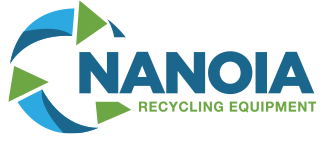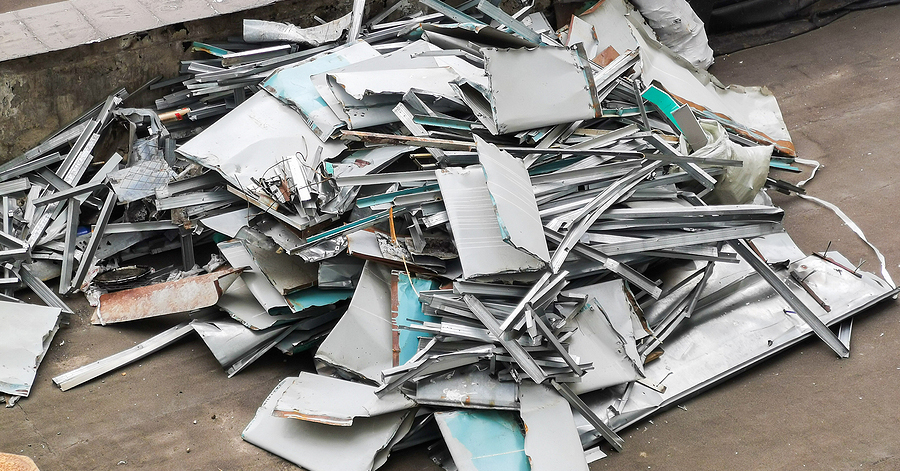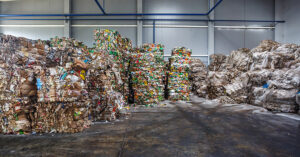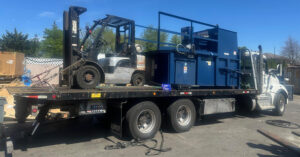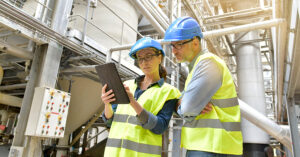In today’s environmentally conscious world, effectively managing non-ferrous metal waste is crucial for businesses.
Non-ferrous metals, such as aluminum, copper, and lead, are valuable materials that can be recycled and reused, providing both environmental and economic benefits.
This guide will walk you through everything you need to know about handling, recycling, and making the most of your non-ferrous metal waste.
Understanding Non-Ferrous Metals
What Are Non-Ferrous Metals?
Non-ferrous metals are those that do not contain iron. Unlike ferrous metals, they are non-magnetic and are more resistant to corrosion.
Common types of non-ferrous metals include aluminum, copper, lead, zinc, and nickel. These metals are prized for their various properties, such as being lightweight, having high conductivity, and being durable.
Importance of Recycling Non-Ferrous Metals
Recycling non-ferrous metals brings significant environmental and economic benefits. Environmentally, recycling reduces the need for mining, which is a major cause of deforestation and habitat destruction.
It also cuts down on energy consumption since recycling metals typically require less energy than producing new metals from raw ore. Furthermore, it reduces greenhouse gas emissions, helping combat climate change.
Economically, recycling non-ferrous metals allows businesses to recover valuable materials that can be sold or reused. This can reduce production costs and generate additional revenue through the sale of scrap metal.
Overall, effective recycling practices contribute to a more sustainable and profitable business model.
Identifying Non-Ferrous Metal Waste in Your Business
Sources of Non-Ferrous Metal Waste
Non-ferrous metal waste can originate from various sources within your business operations.
In manufacturing, metal fabrication processes, electronics production, and automotive parts manufacturing are common sources of such waste. In construction and demolition, non-ferrous metals can be found in electrical wiring, plumbing fixtures, and structural materials.
Consumer goods like beverage cans, appliances, and batteries also contribute to non-ferrous metal waste.
Assessing the Volume and Types of Metal Waste
To manage non-ferrous metal waste effectively, start by conducting waste audits. Analyze your production lines and track waste generation patterns to get a clear picture of the volume and types of metal waste your business produces.
Categorize this waste by metal type, focusing on high-value materials that can yield the most benefit when recycled.
Best Practices for Handling Non-Ferrous Metal Waste
Collection and Segregation
Proper collection and segregation are essential steps in handling non-ferrous metal waste. Set up designated collection points throughout your facility, clearly marked and equipped with labeled bins and containers for different metals.
Train your employees on proper sorting techniques to ensure contamination-free segregation. Emphasize the importance of keeping different types of metals separate to maximize their recycling potential.
Storage and Transportation
Safe storage practices are crucial to maintaining the quality of your non-ferrous metal waste. Use appropriate containers to prevent contamination and ensure secure storage to avoid theft.
When it comes to transportation, optimize load sizes and choose reliable logistics partners to ensure efficient and cost-effective movement of your metal waste to recycling facilities.
Recycling Non-Ferrous Metals
Methods of Recycling
Recycling non-ferrous metals can be done through various methods. Manual sorting and processing involve hand-picking valuable materials and dismantling components to make recycling easier.
Mechanical processing includes shredding and crushing, as well as magnetic separation and eddy current separators to sort metals from other materials. Advanced techniques like chemical processing and electrolytic refining can also be used to recover high-purity metals.
Benefits of Using Industrial Recycling Equipment
Using industrial recycling equipment such as balers, compactors, and crushers offers numerous benefits. These machines enhance efficiency and productivity by speeding up processing times and increasing recovery rates.
They are also cost-effective, reducing labor costs and minimizing waste disposal expenses. Furthermore, they help businesses comply with regulatory standards and improve workplace safety by reducing manual handling of heavy materials.
Leveraging Technology in Metal Waste Management
Innovative Recycling Equipment
Innovative recycling equipment plays a vital role in managing non-ferrous metal waste:
- Balers compress metals into dense bales, making them easier to store and transport.
- Compactors reduce the volume of waste materials, lowering transportation and disposal costs.
- Crushers break down large metal pieces, preparing them for further processing and recycling.
Investing in such equipment can significantly streamline your metal waste management process.
Integrated Recycling Solutions
To achieve the best results, consider integrated recycling solutions that offer end-to-end service. This includes designing and customizing equipment to fit your specific needs, providing installation and training support, and offering maintenance and repair services to ensure optimal performance.
These comprehensive solutions can help your business handle non-ferrous metal waste more effectively and efficiently.
Partnering with Nanoia Recycling Equipment
Why Choose Nanoia?
At Nanoia Recycling Equipment, we offer comprehensive solutions for managing non-ferrous metal waste. Our tailored recycling systems are designed to meet the unique needs of various industries. We pride ourselves on providing high-performance equipment that is both reliable and efficient. With robust after-sales support, we ensure that your recycling operations run smoothly and effectively.
Get in Touch
If you’re looking for a custom solution to manage your non-ferrous metal waste, contact us today to learn more about our services and how we can help your business implement effective recycling practices.
Partner with Nanoia Recycling Equipment to turn your metal waste into valuable resources and contribute to a more sustainable future.

